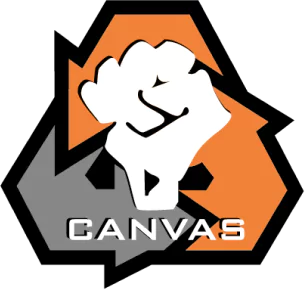Jan 20, 2009-2009
Iceland
Cutlery Revolution
Share
ACTIVISTS/ACT.GROUPS/DESCRIPTION OF THE GROUP
social democratic alliance
TARGET
PM Geir Haarde government
WIDELY HELD BELIEF
Weak Constitutions should be replaced by strong ones.
CASE NARRATIVE
Issue and Opponent: Iceland was in a dire economic crisis in October 2008. Signs of financial troubles began appearing in 2005 when investors bought króna-denominated bonds amid high inflation and rising domestic interest rates. Deregulation combined with a boom in foreign investment in the 1990s and early 2000s left the Icelandic economy vulnerable to changes in the global economy. When the Financial Crisis of 2007-2008 hit the world, Iceland was disproportionately affected by a nation of small size. Foreign investors sold their bonds en masse, causing many international investment banks in the country to collapse. The domestic stock market crashed, the value of the króna dropped dramatically, and the economy was considered to be in a state of national bankruptcy. Public outrage was largely directed at the country’s coalition government led by the right-wing Independence Party under Prime Minister Geir Haarde. In October 2008, popular anti-government protests broke out in Iceland. The first protests erupted in the autumn of 2008 after the Icelandic government nationalized the country’s three largest banks. The weekly gatherings each Saturday outside the parliament were organized by Hörður Torfason, a musician and gay rights activist.
Dilemma Action: On January 20th, nearly two thousand people gathered outside of the Althingi House, Iceland’s Parliament Building. Their demonstrators banged pots, pans, and other kitchenware as part of their protest to create disruptive levels of noise and draw attention to their outrage at the economic situation in Iceland. Iceland’s Cutlery Revolution has also been referred to as the ‘Kitchenware Revolution’ or the ‘Pots and Pans Revolution’ because of the demonstrators’ tactics. The protests quickly received the popular support of Icelanders and drew national media attention. The protestors demanded the resignation of Prime Minister Haarde, his coalition government, and other high-ranking officials in Icelandic finance. The protestors also called for more transparency from the government, better administrative practices, and democratic reforms. By banging pots and pans outside Parliament, the protestors forced the government to choose between overreacting and criminalizing the protest or allowing the deafening and disruptive noise to continue.
Outcomes: The Cutlery Revolution was highly successful in reaching its short-term goals. By January 2009, the protestors had secured the resignation of Prime Minister Haarde and his coalition government, the head of the Central Bank, and the director of the Financial Supervisory Authority. The Prime Minister and his government remained in power through the spring of 2009 until early elections could be called to replace them. In the aftermath of Iceland’s financial crisis, many of the country’s top bankers served prison time for insider trading and market manipulation. A 2012 tribunal against the former Prime Minister found him negligent in failing to take action to foresee and mitigate the crisis. The success of the Cutlery Revolution’s ideological goals for more transparent governance and democratic reforms is less clear. In 2010, a committee of 25 ordinary Icelanders was formed to draft a new constitution for the country that would better uphold Icelandic values than the existing document. The committee took public input seriously and eventually created a draft document that included protections for human rights, public ownership of natural resources, and direct democratic power for citizens to call referendums. Although two-thirds of voters approved the constitution in a national referendum, it was stalled in parliament and never passed into law.
PRIMARY STRUGGLE/GOAL
NONVIOLENT TACTICS USED
DA TACTICS USED
Protest strike
CASE NARRATIVE WRITER
SUCCESS METRICS
8 / 12
(CONC) Concessions were made
(MC) Media Coverage
(MSYMP) Media coverage was sympathetic to the activists
(PS) Dilemma action built sympathy with the public
(PUN) Punishment favored the activists
(REFR) Dilemma action reframed the narrative of the opponent
(RF) Dilemma action reduced fear and/or apathy among the activists
(SA) Dilemma action appealed to a broad segment of the public
PART OF A LARGER CAMPAIGN
2 / 3
Encouraged more participants to join the movement
Internally replicated by the same movement
RESOURCES
Project documentation
Dilemma Actions Coding Guidebook
Case study documentation
Dilemma_Actions_Analysis_Dataset
SOURCES
Britannica. “Iceland: Financial boom and bust,” Retrieved July 22, 2023. (https://www.britannica.com/place/Iceland/Financial-boom-and-bust#ref1230936).
https://www.independent.co.uk/news/world/europe/iceland-s-pots-and-pans-revolution-lessons-nation-people-power-helped-emerge-its-2008-crisis-all-stronger00351095.html. Accessed April 15, 2022.
DeWald, Dina. 2012. “Icelanders overthrow top power holders responsible for economic crisis (Kitchenware Revolution), 2008-9,” Global Nonviolent Action Database. Retrieved July 22, 2023. (https://nvdatabase.swarthmore.edu/content/icelanders-overthrow-top-power-holders-responsible-economic-crisis-kitchenware-revolution-20).
Gunnarsson, Vular. 2009. “Icelandic PM becomes world’s first leader to step down over banking system crisis,” The Guardian. Retrieved July 22, 2023. (https://www.theguardian.com/world/2009/jan/27/iceland-prime-minister-resignation).
Related cases
Oct 1, 2011-2011
Syria
Issue and Opponents: Russia and China had just vetoed the UN Security Council resolution that was intended to force the Syrian government to stop the violence against ...
/
May 19, 2009-2009
Georgia
President Saakashvili had been accused of corruption. Transparency International and other monitoring groups linked Saakashvili to the rise of a new kleptocracy by emp...
/
Dec 1, 2013-2014
Ukraine
President Viktor Yanukovych served as the fourth president of Ukraine from 2010 – 2014. In 2013, he had initially promised the Ukrainian people he would work to ...
/
Subscribe to our newsletters to get full access to all materials on our website.

